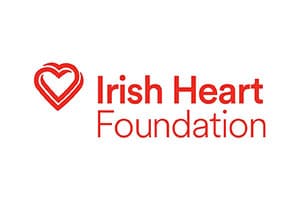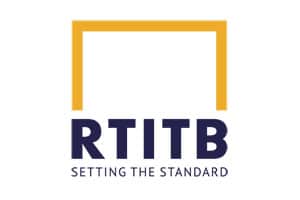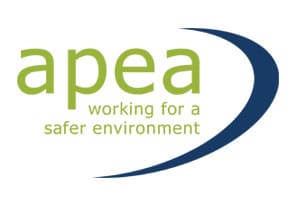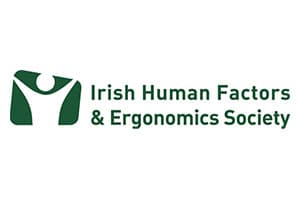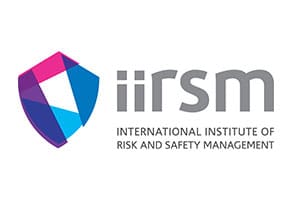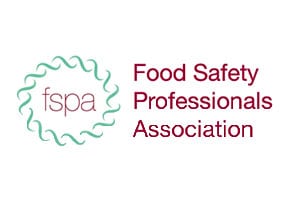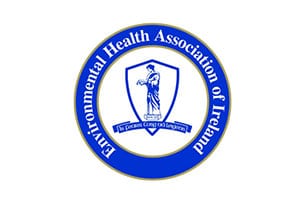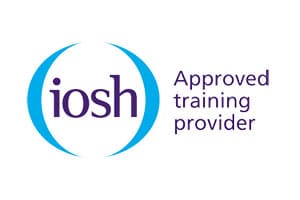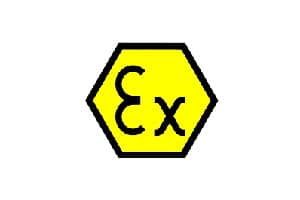International Epilepsy Day is an annual event that celebrates the millions of people who live with this neurological disorder every day. It provides a powerful platform to bring together epilepsy sufferers, caregivers and healthcare professionals to raise awareness of the condition and support those affected by it.
Symptoms of Epilepsy:
Because epilepsy is caused by abnormal activity in the brain, seizures can affect any process your brain coordinates. Seizure signs and symptoms may include:
- Temporary confusion
- A staring spell
- Stiff muscles
- Uncontrollable jerking movements of the arms and legs
- Loss of consciousness or awareness
- Psychological symptoms such as fear, anxiety or deja vu
Symptoms vary depending on the type of seizure. In most cases, a person with epilepsy will tend to have the same type of seizure each time, so the symptoms will be similar from episode to episode.
Doctors generally classify seizures as either focal or generalized, based on how and where the abnormal brain activity begins.
How is epilepsy diagnosed?
Technically, if you experience two or more seizures that weren’t caused by a known medical condition — for example, from alcohol withdrawal or low blood sugar — you’re considered to have epilepsy. Before making a diagnosis, your doctor (or epilepsy specialist) will perform a physical exam, take your medical history and may order blood work (to rule out other causes). They may ask about your symptoms during the seizure and conduct other tests, as well.
For more information on our First Aid Responder Course please see details at http://safetymatters.ie/course-details/first-aid-responder-training/
